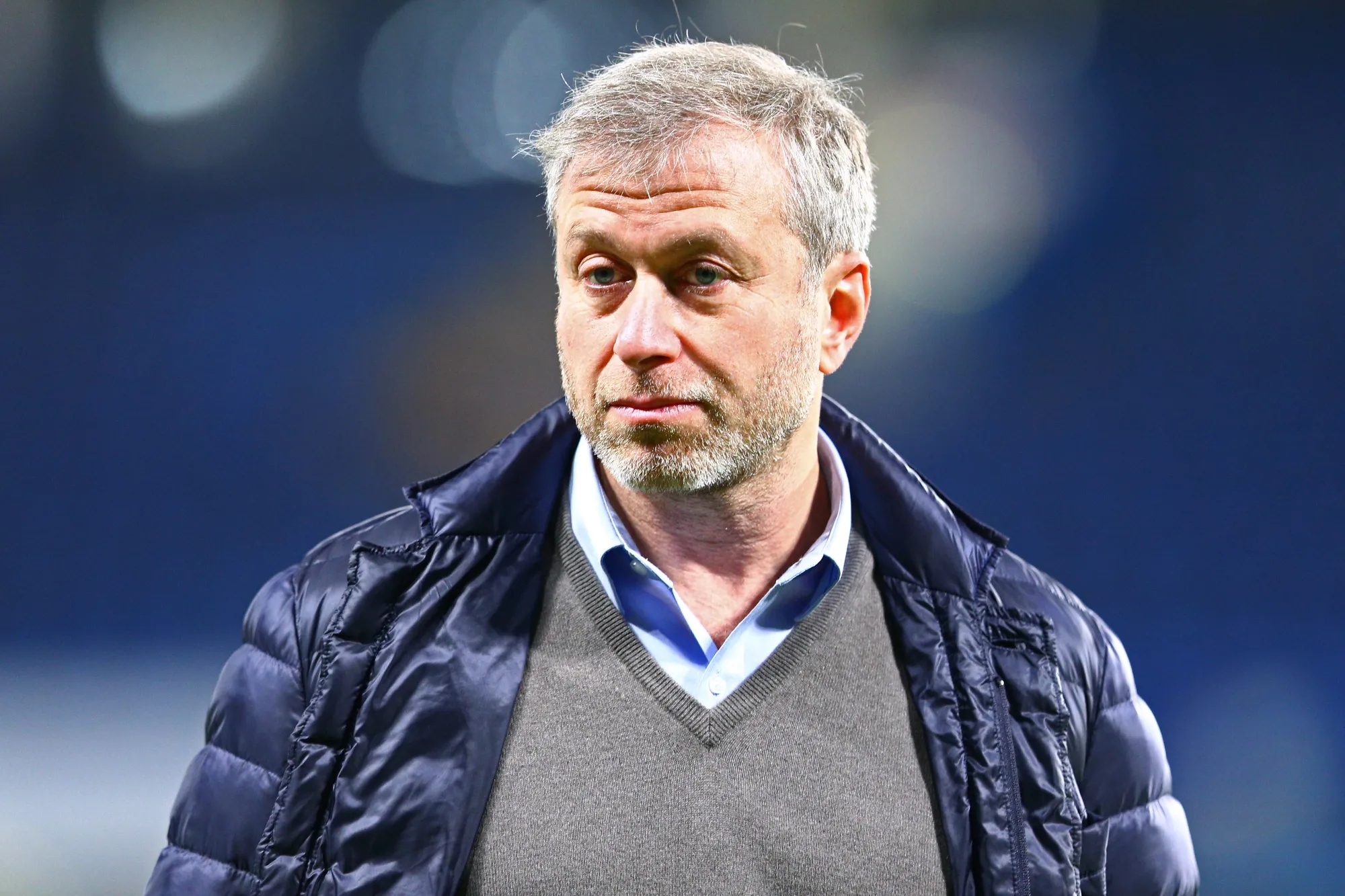The British government is considering filing a lawsuit against Russian billionaire Roman Abramovich to unlock £2.34 billion ($3.2 billion) from the sale of Chelsea Football Club and redirect the funds toward humanitarian aid for Ukraine. This was reported by Bloomberg, citing an official statement by UK authorities.
Why the UK Is Involved
In May 2022, Roman Abramovich, whose net worth exceeds $8 billion according to the Bloomberg Billionaires Index, was forced to sell the London-based Chelsea FC. The sale occurred after the UK and the European Union imposed sanctions on him over alleged close ties to Russian President Vladimir Putin.
The buyer was a consortium led by American businessman Todd Boehly. However, the £2.34 billion from the sale remains frozen in a UK bank account and can only be accessed with a license from the UK’s Office of Financial Sanctions Implementation, a division of the Treasury.
Money for Ukraine — But Not Yet
More than three years have passed since the transaction, and all attempts by the UK government to reach an agreement with Abramovich on using the money for humanitarian purposes in Ukraine have failed. The current British authorities say they are running out of patience.
“We are determined to see the proceeds from the sale of Chelsea Football Club reach humanitarian causes in Ukraine, following Russia’s illegal full-scale invasion,” said Chancellor of the Exchequer Rachel Reeves and Foreign Secretary David Lammy in a joint statement. “We are deeply frustrated that it has not been possible to reach agreement with Mr. Abramovich so far.”
“While the door for negotiations remains open, we are fully prepared to pursue this through the courts if required, to ensure people suffering in Ukraine can benefit from these proceeds as soon as possible,” they added.
Promises Still on Paper
It’s worth noting that Abramovich initially proposed the idea of creating a charitable foundation where all net proceeds from the Chelsea sale would be donated to support victims of the war in Ukraine.
In fact, in 2022 the UK government released around £200,000 to fund legal and administrative costs for setting up such a foundation. Acting CEO Mike Penrose told Bloomberg in 2023 that the fund planned to support humanitarian projects in healthcare, education, and shelter for Ukrainians.
However, despite the early enthusiasm and the involvement of European partners — including the European Commission and the Portuguese government (Abramovich holds Portuguese citizenship) — the process has stalled. The core issue is the legal complexity of using frozen assets.
Sanctions as a Legal Trap
As Bloomberg notes, using assets frozen under sanctions is an extremely complex legal issue. Both the UK and EU are actively debating whether and how such Russian assets could be redirected to aid Ukraine’s recovery. So far, a lack of legal consensus and international coordination has slowed the process.
But judging by the UK government’s latest statements, it is ready to move forward — even without Abramovich’s consent, through the courts if necessary.
According to Bloomberg, the Chelsea sale has become a symbolic clash between the moral imperative to help Ukraine and the legal constraints of the sanctions regime. The UK hopes to set a precedent that could pave the way for unlocking other frozen Russian assets.
This article was prepared based on materials published by Bloomberg. The author does not claim authorship of the original text but presents their interpretation of the content for informational purposes.
The original article can be found at the following link: Bloomberg.
All rights to the original text belong to Bloomberg.


















